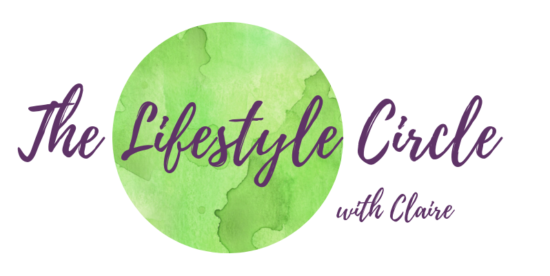
Picture a child…..for me, it’s my four-year old. For you, it might be your child, your niece or nephew or the child of a friend. Children are generally happy, healthy and full of energy.
How on earth do they do it?
Well, for starters, they don’t have a job or a mortgage or rent to pay! Very true. But let’s not envy the ‘freedom’ of a child. Would you really want to go back to school? To having someone else decide what you eat, where you go, what you wear, who you hang out with, what time you go to bed?
Nope, I didn’t think so!
There are other great things we can learn from our beloved little ones that are easy to do as responsible grown-ups:
1. They eat when they’re hungry
If you’ve ever tried to get a baby to eat when they’re not hungry, you’ll know it’s impossible. We’re encouraged to monitor our child’s eating over the course of a week rather than a day. Food is fuel for them and some days they need more fuel than other days. Eat when you’re hungry and not because it’s 3pm and you always have a biscuit at 3pm.
2. They stop eating when they’re full
When children leave the table they are energised and ready to go again. You never see a child go from the table to the sofa loosening a couple of notches on their belt as they go. An easy way to recognise when you’re full is to eat dinner at the table.
When we eat whilst watching TV or streaming something on one of our many devices, we concentrate on whatever it is we’re watching. We lose track of what and how much we’re eating. Before we know it, we’ve finished everything on our plate and perhaps have mindlessly helped ourselves to seconds without pausing to consider whether or not we’re full. Focusing on eating, on fueling our body, makes us far more likely to recognise when we’ve had enough and stop eating.
3. They move
Children don’t consciously go to the gym, take a class or go for a run. They just move. They’re naturally active. They go outside at lunchtimes and move around. They watch a little bit of Thomas the Tank Engine (or Peter Rabbit if you’re in my house) and then they have to get up and run around.
4. They express their emotions
If they’re happy, sad or angry then you know about it. They deal with their feelings then they move on. I admit that sometimes children express their emotions at the most inappropriate times. We’re thankfully a bit more socially aware but it’s certainly healthier to choose a time to express our emotions rather than bury them and wait for a therapist to release them years later!
5. They do the things that they want to do…and they’re very, very good at saying no to everything else!
How many times have you felt utterly miserable or completely awkward because you’ve felt obliged to say yes to something? We need to take a leaf out of their book and learn to say no!
Saying no isn’t selfish. It’s simply prioritising your own wellbeing. And guess what? You’re allowed to do that!
It’s five little things that you can learn from the little people in your life. Practising even one of them will make such a difference to how happy and healthy you feel.

